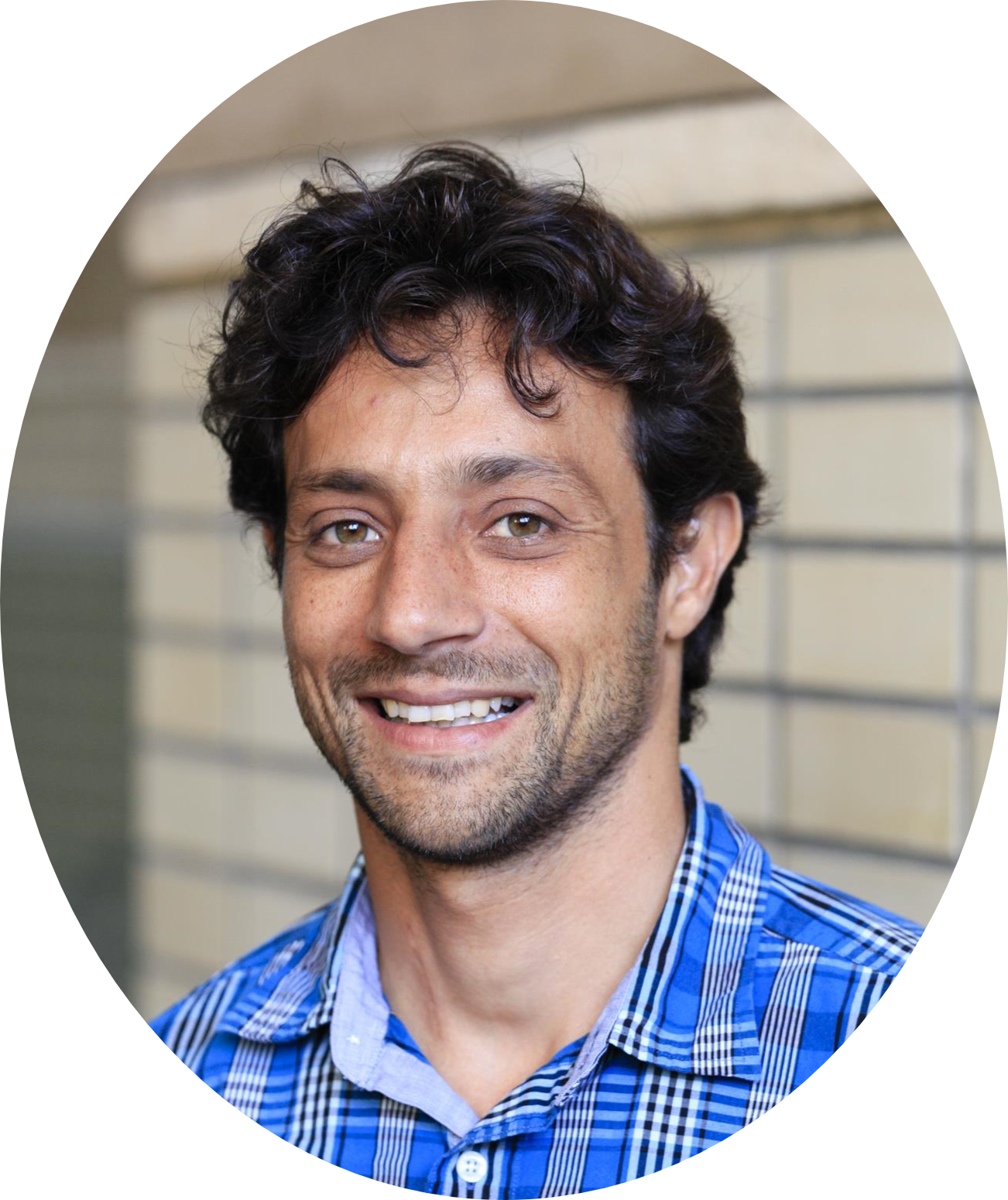Juarez Amaral Filho Juarez Amaral Filho

Project Title: Opportunities for Coal Zero Waste in South African collieries
Supervisors: A. Kotsiopoulos, J.L. Broadhurst and S.T.L. Harrison
Current Research Overview/Abstract
Coal plays a key role in the worldwide energy security, and in South Africa there are extensive reserves of this resource. Even though the coal demand is expected to decrease over the next couple of decades; its contribution to the country’s economy and energy needs remains and is anticipated to continue over the next 40 years. The coal industry has been engaged in its commitment to the environment by reducing the impacts in the coal life cycle. Currently, most of the efforts are focused on end-of-pipe technologies such as carbon capture and storage, clean coal combustion technologies, and control of pollution using waste disposal and water treatment facilities. Very little emphasis has been placed on opportunities related to use or recycling of downstream wastes. However, sustainability through resource conservation and recycling is a growing field of research. Recently, researchers have demonstrated the benefits of the principles of circular economy and industrial ecology in contrast to the current end-ofpipe approaches. According to several studies carried out worldwide, desulphurization of coal, gold and copper mine tailings prior to disposal can effectively remove the long-term risks of ARD, whilst simultaneously providing opportunities for the additional value recovery and the downstream utilization of the separated waste fractions.
In line with this thinking, the Centre for Bioprocess Engineering Research (CeBER) through an interdisciplinary collaboration with the Mineral to Metals Initiative (MtM) is placing specific focus on developing skills and innovative technologies for the prevention of environmental degradation and pollution in the South African coal sector. This work highlights the most recent research opportunities in developing approaches for zero coal waste. The results obtained are expected to demonstrate that by using integrated, multi-stakeholder approaches, it is possible to reduce or even eliminate dump deposits; and their associated economic and environmental burdens, whilst simultaneously recovering a range of potentially valuable materials.
